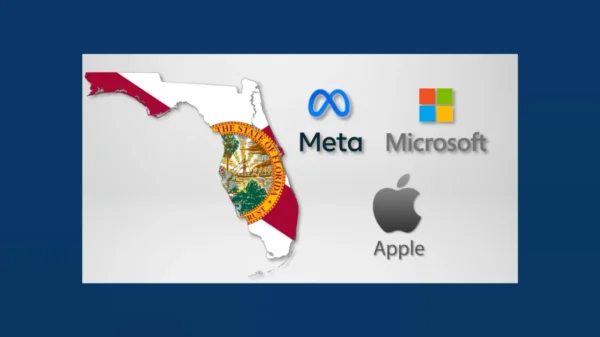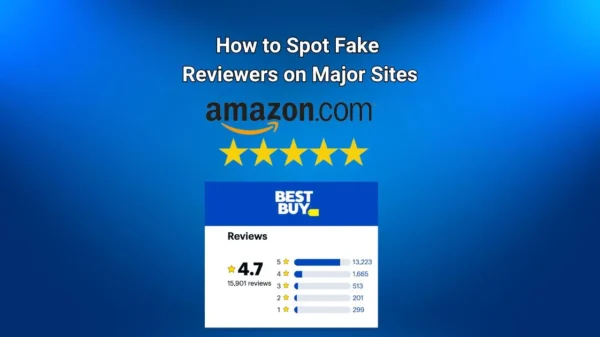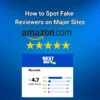State Chief Financial Officer (CFO) Jimmy Patronis warned Floridians who are shopping online during Amazon Prime Day to beware of online scams and learn ways to protect themselves from fraud.
Prime Day is a two-day online sales event that provides Amazon customers various discounts on a variety of products. To protect consumers while they shop online, Patronis encouraged consumers to follow tips from the Better Business Bureau (BBB) for safe online shopping.
“Amazon is the largest online retailer in the world and Prime Day is estimated to generate nearly $10 billion in sales worldwide. While Florida consumers are shopping for deals online through Amazon or other online retailers, it’s imperative that you stay on guard for fraud and learn the warning signs of online scams. Over the last seven months, COVID has driven more screen time than ever before in our lifetime and fraudsters will do everything they can to take advantage of this increase in online activity. Always remember, if a deal sounds too good to be true, it probably is. If you are suspicious of fraud, report it immediately at FraudFreeFlorida.com,” Patrinois said on Tuesday.
Patronis offered the following tips from the BBB for safe online shopping:
• Know the advertiser. Some of the best deals are only available online but be careful. It’s easy for a fake site to mimic a famous retailer’s website, so make sure you are shopping with a legitimate site. If the site is missing contact information, that is a red flag. Check out retailers at BBB.org before you shop.
• Check a site’s security settings. If the site is secure, its URL (web address) should start with “https://” and include a lock icon on the purchase or shopping cart page.
• Be a savvy shopper. When shopping online, be sure to take your time and read the fine print before submitting your order. Look for the return policy; although many online orders can be returned for a full refund, others have restocking fees. Some items cannot be returned; know before you buy.
• Protect personal information. Read a site’s privacy policy and understand what personal information is being requested and how it will be used. If a site doesn’t have a privacy policy, that’s a big red flag that it may be a scam.
• Think before you click. Be especially cautious about email solicitations and online ads on social media sites. Many sketchy retailers advertise great deals or trendy clothing that don’t measure up to the promotional hype.
• Beware of too-good-to-be-true deals. Offers on websites and in unsolicited emails may offer free or very low prices on hard-to-find items. There may be hidden costs, or your purchase may sign you up for a monthly charge. Look for and read the fine print.
To report fraud or learn about ways to protect yourself from scams, visit it at FraudFreeFlorida.com.





















